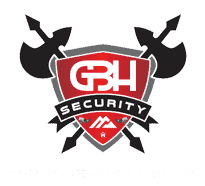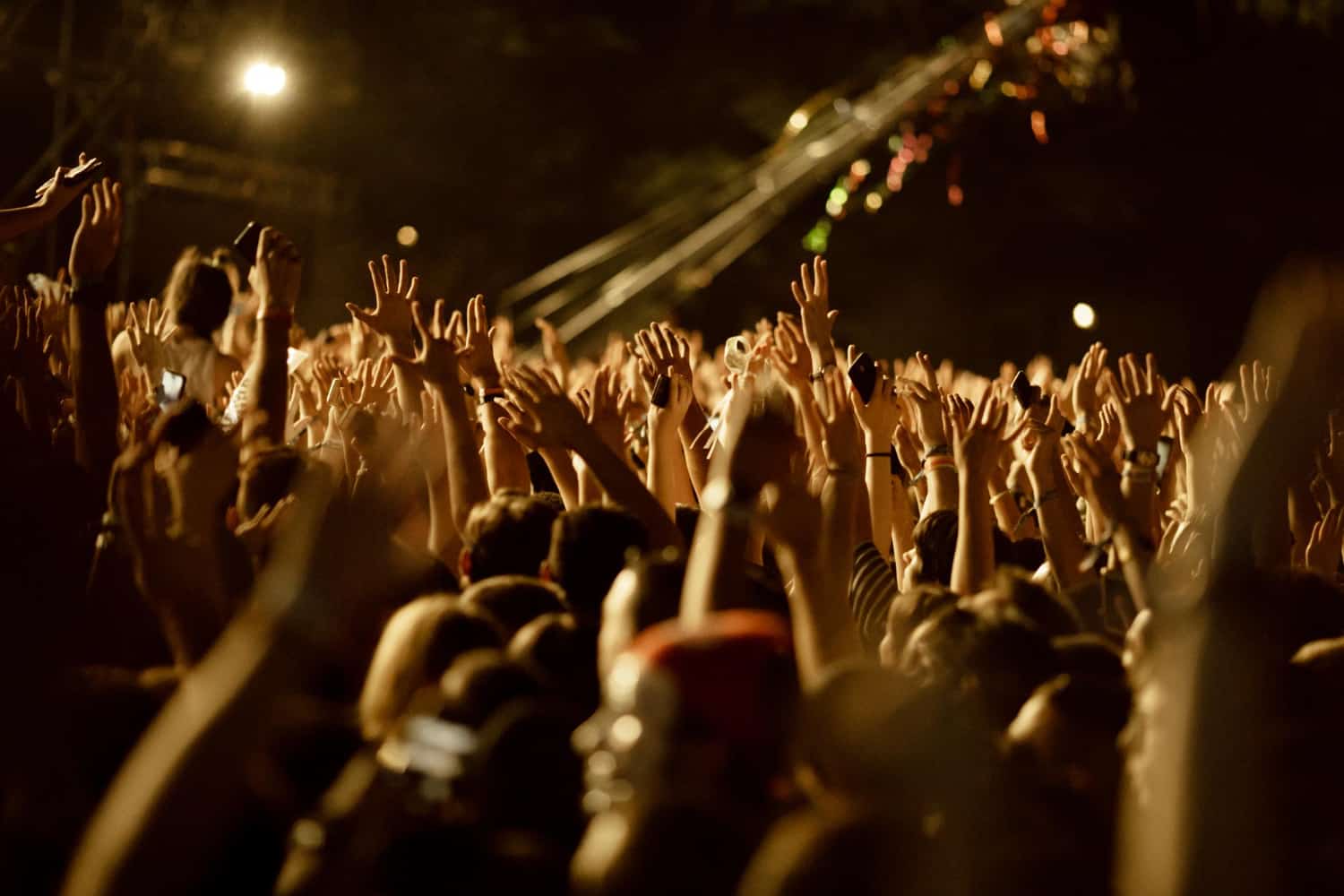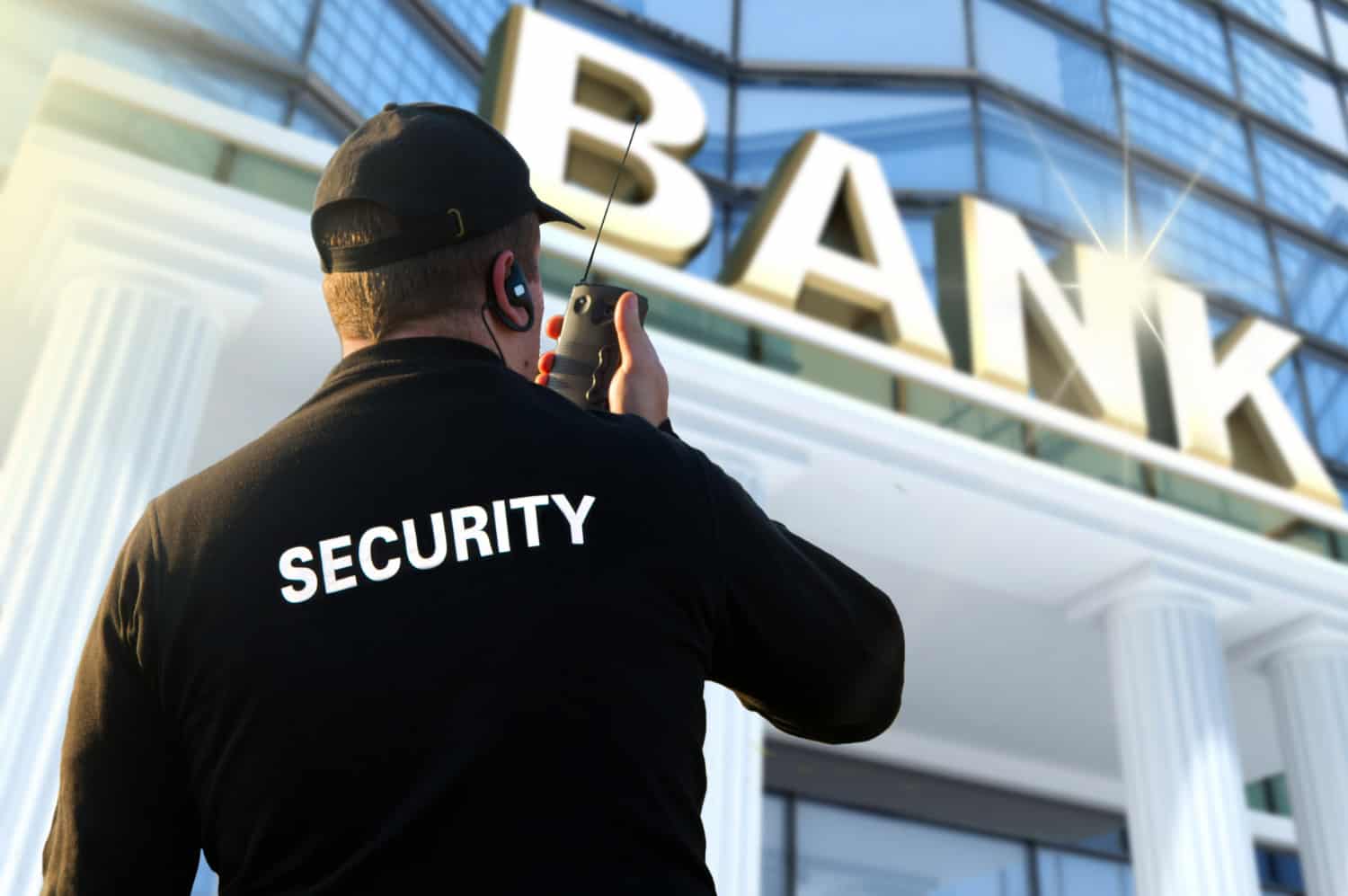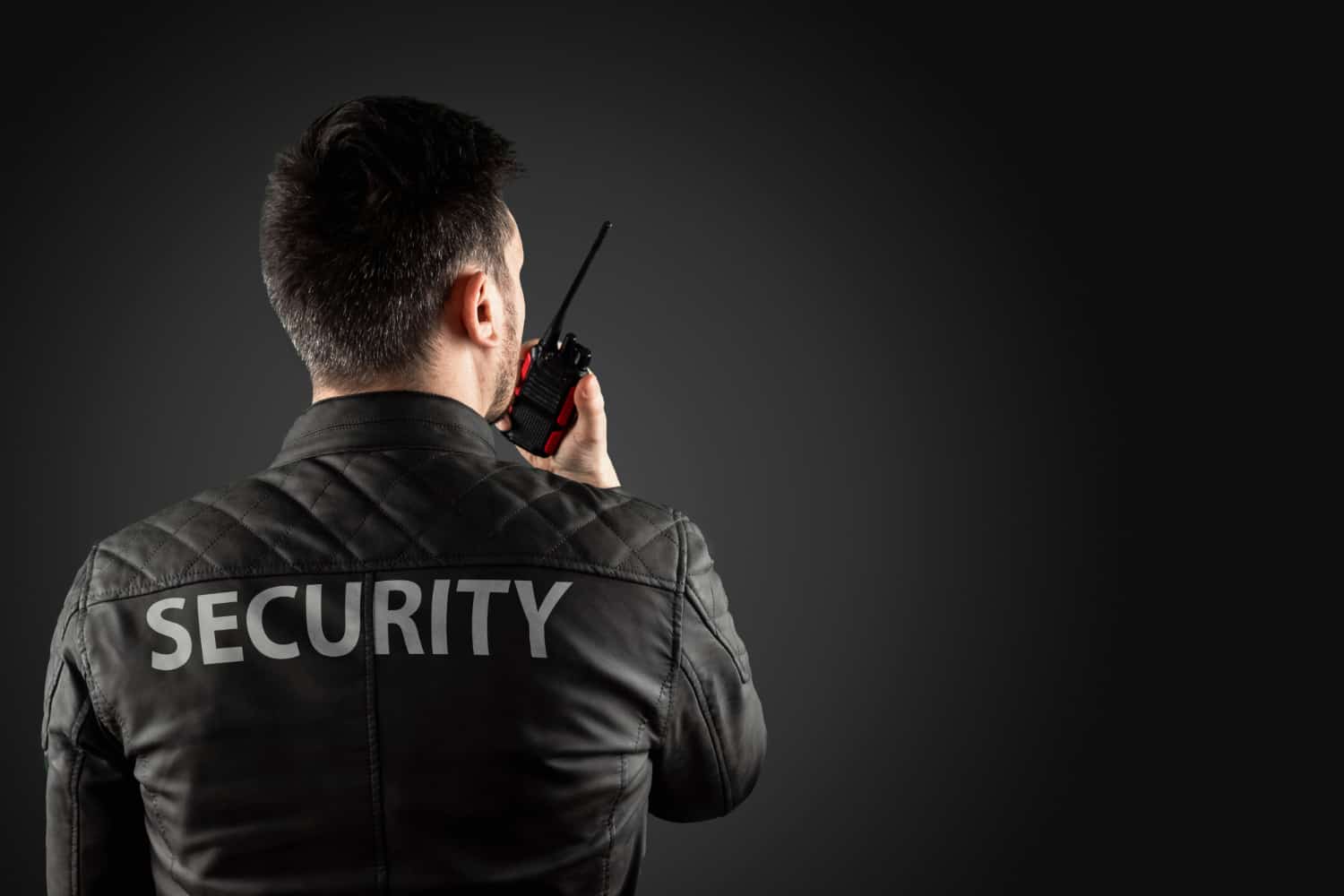ef565d731e212fdfa8fd6665e35a8beb
089cb214611b97495f4883fe359992f6
ef565d731e212fdfa8fd6665e35a8beb
Crowd Management: A Guide to Keeping People Safe in Crowded Spaces
Introduction:
Crowd management is a critical aspect of public safety, especially in crowded spaces such as sporting events, concerts, and festivals. Crowd management involves planning and implementing measures to ensure the safety of those in attendance and to prevent potential hazards, such as stampedes or fires. This guide will cover the key principles of crowd management and provide practical tips for keeping people safe in crowded spaces.
Planning and Preparation
Effective crowd management begins with proper planning and preparation. Here are some important considerations for crowd management planning:
- Assess the venue: Consider factors such as the size and layout of the venue, emergency exits, and the potential for hazards, such as fire or stampedes.
- Determine crowd capacity: Calculate the maximum number of people that the venue can safely accommodate, taking into account the number of emergency exits and the potential for hazards.
- Develop a crowd management plan: Based on the venue assessment and crowd capacity, develop a plan for managing the crowd, including emergency procedures, crowd control measures, and the deployment of security personnel.
Crowd Control Measures
Crowd control measures are essential for ensuring the safety of those in attendance in crowded spaces. Here are some key crowd control measures:
- Fencing and barriers: Use fencing and barriers to manage the flow of people and prevent crowd surges or stampedes.
- Signs and wayfinding: Use signs and wayfinding to guide people to emergency exits and other important areas, such as restrooms and food vendors.
- Security personnel: Deploy security personnel, such as police officers or private security guards, to manage the crowd and respond to any incidents.
- Emergency procedures: Develop and implement emergency procedures, such as fire evacuation plans, to ensure the safety of those in attendance in case of an emergency.
Crowd Management During the Event
Effective crowd management during the event is critical for ensuring the safety of those in attendance. Here are some important considerations for crowd management during the event:
- Monitor crowd behavior: Regularly monitor the behavior of the crowd, especially in areas where crowd densities are high, to prevent potential hazards, such as stampedes or fires.
- Respond to incidents: Quickly respond to any incidents, such as fights or medical emergencies, to prevent further harm and maintain the safety of those in attendance.
- Communicate with the crowd: Regularly communicate with the crowd, using loudspeakers or other communication methods, to provide important information, such as emergency procedures or crowd control measures.
Conclusion:
Crowd management is a critical aspect of public safety, especially in crowded spaces such as sporting events, concerts, and festivals. By properly planning and preparing for crowd management, implementing effective crowd control measures, and monitoring and responding to incidents during the event, event organizers can ensure the safety of those in attendance and prevent potential hazards. Effective crowd management is a collaborative effort between event organizers, security personnel, and the attendees themselves, and requires a commitment to ensuring the safety of all those involved.
Protecting Your Business with Security Guarding: A Comprehensive Guide
Introduction:
In today’s uncertain world, the protection of businesses and assets is more important than ever. This is where security guarding comes in. Security guards are trained professionals who are responsible for maintaining safety and security in a particular location. They play a critical role in deterring crime, protecting people and property, and responding to emergencies. This comprehensive guide will cover all aspects of security guarding and what businesses need to know to ensure the protection of their assets.
The Importance of Security Guarding
Security guarding is a vital component of any security program. Whether it’s for a small business or a large corporation, security guards are an essential part of protecting your assets. They act as a visual deterrent, helping to reduce the risk of theft and vandalism, and are trained to detect and respond to emergencies.
In addition to deterring crime, security guards are also responsible for maintaining the safety of employees and visitors. They can provide assistance during emergency situations and ensure that everyone is evacuated safely. This peace of mind is invaluable for businesses, particularly for those with large physical spaces and a high number of employees or visitors.
What to Look for in a Security Guarding Service
When choosing a security guarding service, it’s important to consider several factors to ensure that you receive the best possible protection for your business.
- Experience and Training: Choose a security guarding service that employs experienced and well-trained security guards. They should have a thorough understanding of security procedures and be able to respond effectively to any security-related incidents.
- Equipment: The security guards should be equipped with the necessary equipment to perform their duties effectively, including communication devices and personal protective equipment.
- Reputation: Choose a security guarding service with a good reputation for providing high-quality services. Research the company’s history and customer reviews to ensure that they have a proven track record of success.
- Flexibility: The security guarding service should be flexible and able to adapt to the unique needs of your business. This includes providing coverage during off-hours and special events.
Frequently Asked Questions About Security Guarding
- What is the role of a security guard? A security guard is responsible for maintaining safety and security in a particular location. They play a critical role in deterring crime, protecting people and property, and responding to emergencies.
- What should I look for in a security guarding service? When choosing a security guarding service, it’s important to consider factors such as experience and training, equipment, reputation, and flexibility.
- How can security guarding protect my business? Security guarding acts as a visual deterrent, reducing the risk of theft and vandalism, and provides peace of mind by ensuring the safety of employees and visitors. Security guards are also trained to respond to emergencies, providing quick and effective assistance during emergency situations.
Conclusion:
Security guarding is an essential component of any security program, providing businesses with the protection they need to keep their assets and employees safe. When choosing a security guarding service, it’s important to consider factors such as experience and training, equipment, reputation, and flexibility to ensure that you receive the best possible protection for your business. With the right security guarding service in place, you can have peace of mind knowing that your business and assets are well-protected.
Personal Protection: A Guide to Keeping Yourself Safe
Introduction:
Personal protection is a critical aspect of our daily lives. Whether it’s protecting ourselves from physical harm or protecting our personal information, taking steps to keep ourselves safe is a necessary part of modern life. This guide will cover the various aspects of personal protection, from personal safety to financial security, and provide practical tips for keeping yourself protected.
Physical Safety
Physical safety is an important aspect of personal protection. Here are some tips for keeping yourself safe in a variety of situations:
- Stay alert and aware of your surroundings: This means paying attention to what is going on around you, especially in crowded places or unfamiliar areas.
- Trust your instincts: If something doesn’t feel right, it’s important to take action to protect yourself. This could be leaving a situation, seeking help from a trusted friend or family member, or calling the authorities if necessary.
- Take self-defense classes: Learning self-defense techniques can give you the skills and confidence you need to protect yourself in dangerous situations.
- Stay in well-lit areas: Avoid walking in dark or poorly lit areas, especially at night. If you must walk in these areas, stay in well-lit areas and avoid walking alone.
Online Safety
In today’s digital world, online safety is an increasingly important aspect of personal protection. Here are some tips for protecting yourself online:
- Use strong passwords: Make sure to use strong, unique passwords for all of your online accounts. Avoid using easily guessable information, such as your name or birthdate.
- Keep software up-to-date: Regularly updating your computer and mobile devices can help protect you from potential security threats.
- Be careful when sharing personal information: Avoid sharing sensitive personal information, such as your social security number or financial information, online.
- Use anti-virus software: Make sure to install anti-virus software on your computer and mobile devices to protect yourself from potential cyber threats.
Financial Safety
Protecting your financial information and assets is an important aspect of personal protection. Here are some tips for keeping your finances safe:
- Monitor your accounts regularly: Regularly checking your bank and credit card statements can help you detect and prevent fraudulent activity.
- Use secure websites for online transactions: Only use secure websites when making online purchases or banking transactions. Look for the “https” in the website’s address and a lock icon in the address bar.
- Shred sensitive documents: Before disposing of sensitive financial documents, such as bank statements or credit card offers, make sure to shred them to prevent identity theft.
- Keep your credit report updated: Regularly checking your credit report can help you catch and address any errors or fraudulent activity.
Conclusion:
Personal protection is a critical aspect of our daily lives, encompassing physical safety, online safety, and financial safety. By taking steps to protect ourselves, we can ensure our safety and security in a variety of situations. Whether it’s staying alert and aware of our surroundings, using strong passwords, or regularly monitoring our finances, taking steps to keep ourselves protected is a necessary part of modern life.



